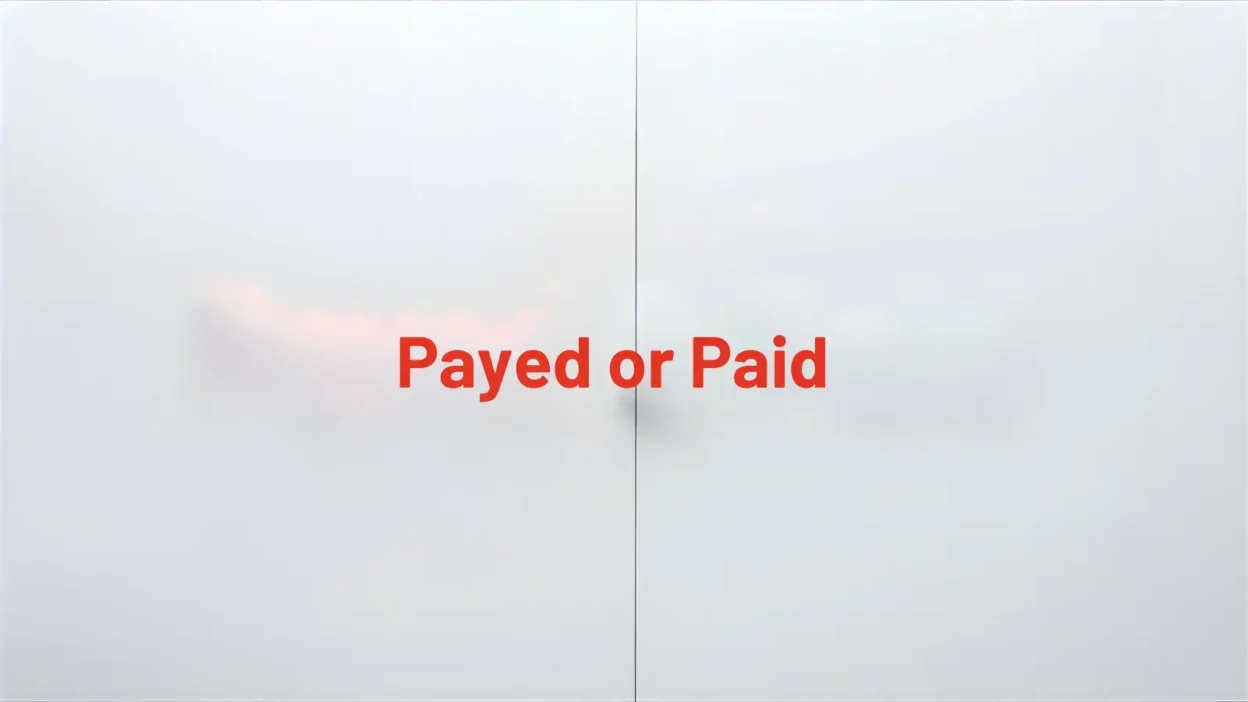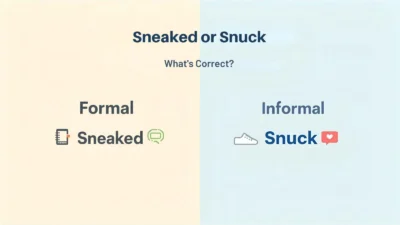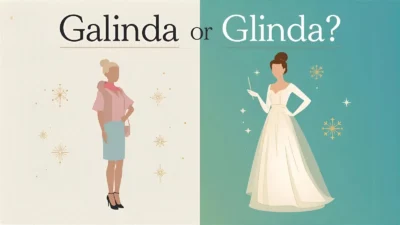Ever paused mid-sentence thinking, “Is it payed or paid?” 😅 If so, you’re in the right place. I wrote this for students, professionals, and English learners who want clear, confident writing.
I know how confusing it looks — both seem correct! But only one is right 99% of the time.
By the end of this quick guide, you’ll know exactly when to use paid and why payed almost never fits.
Payed or Paid – Quick Answer 💡
✅ “Paid” is the correct and most common past tense of “pay.”
❌ “Payed” is rarely used and only appears in one special context — sailing.
Examples:
- I paid the bill yesterday.
- She paid attention during class.
- The sailor payed out the rope. (nautical use only)
👉 In everyday English, always use “paid.”
The Origin of “Payed” and “Paid” 📜
The word “pay” comes from the Latin pacare, meaning “to pacify” or “to satisfy.” Over time, it evolved through Old French (paier) into Middle English as payen.
Originally, both “payed” and “paid” appeared in English writing. However, by the 17th century, “paid” became the accepted past tense form. The spelling “payed” survived only in maritime English — where sailors used it to describe coating or waterproofing a ship’s deck or letting out a rope (“payed out the line”).
So, while both words share the same root, “paid” is now the standard form for all non-nautical uses.
British English vs American English Spelling 🇬🇧🇺🇸
Unlike other spelling differences (like “color” vs “colour”), payed and paid don’t differ by region. Both British and American English agree that “paid” is correct in modern writing.
However, payed can appear in British maritime contexts or historical documents. Americans almost never use payed outside of nautical language.
| Usage Context | British English | American English | Example Sentence |
|---|---|---|---|
| Everyday payment | ✅ Paid | ✅ Paid | She paid the rent on time. |
| Nautical (sailing) | ⚓ Payed (rare) | ⚓ Payed (rare) | The sailor payed out the line. |
| Historical texts | Payed (archaic) | – | He payed homage to the king. |
| Modern writing | ✅ Paid | ✅ Paid | I already paid for lunch. |
Which Spelling Should You Use? 🧭
- If you’re writing about money, work, or transactions: Always use “paid.”
- If you’re describing ship maintenance or rope handling: You may use “payed.”
- If you’re not writing about ships or sailing: Stick with “paid.”
Audience tip:
- 🇺🇸 US readers: “Paid” — 100% of the time.
- 🇬🇧 UK/Commonwealth readers: “Paid” — except in rare nautical uses.
- 🌍 Global English: “Paid” — universally accepted and understood.
Common Mistakes with Payed or Paid ❌
- Incorrect: I payed the bill yesterday.
Correct: I paid the bill yesterday. - Incorrect: She has payed her dues.
Correct: She has paid her dues. - Incorrect: They payed us last week.
Correct: They paid us last week. - Correct only in nautical sense: The sailor payed the seams with tar.
💡 Tip: If it’s about money, use “paid.” If it’s about boats, “payed” might apply.
Payed or Paid in Everyday Examples ✉️
Emails:
- ✅ “I have paid the invoice and attached the receipt.”
- ❌ “I have payed the invoice.”
News Headlines:
- “Company paid record fines for safety violations.”
- “Sailors payed out the anchor rope during the storm.”
Social Media Posts:
- “Finally paid off my student loans! 🎉”
- “He payed tribute to his mentor” → Better: “He paid tribute to his mentor.”
Formal Writing:
- “All employees have been paid their monthly salaries.”
Payed or Paid – Google Trends & Usage Data 📊
According to Google Trends and linguistic databases:
- “Paid” is overwhelmingly more common worldwide.
- “Payed” accounts for less than 1% of global usage, mostly in historical or nautical texts.
By country (2025 data estimate):
| Country | “Paid” Usage | “Payed” Usage |
|---|---|---|
| United States | 99% | 1% |
| United Kingdom | 97% | 3% |
| Canada | 98% | 2% |
| Australia | 97% | 3% |
| India | 99% | 1% |
📈 Conclusion: “Paid” dominates modern English everywhere.
FAQs:
1. Which is correct: payed or paid?
✅ “Paid” is correct. “Payed” is only used in nautical contexts.
2. Is “payed” ever acceptable?
Yes, but only when referring to ships or ropes (e.g., “payed out the cable”).
3. Why do people write “payed”?
Because it seems like the natural past tense of “pay,” similar to “say → said.”
4. Does Microsoft Word mark “payed” as wrong?
Yes, in most spellcheckers it’s flagged as incorrect unless in nautical text.
5. Can I use “payed” in formal writing?
No — always use “paid” in business, academic, or professional writing.
6. What is the difference between “paid for” and “paid off”?
“Paid for” = covered the cost.
“Paid off” = cleared a debt or achieved success.
7. Is “payed” still used in literature?
Rarely, and only for stylistic or historical accuracy.
Conclusion 🏁
In modern English, “paid” is the universally correct form of the past tense of pay. The word “payed” only survives in nautical jargon or historical writing. Whether you’re drafting an email, posting online, or writing professionally, stick to “paid” to sound polished and correct.
When in doubt, remember this rule:
💰 If it’s about money — it’s paid. ⚓ If it’s about ships — it’s payed.
Now you’ll never hesitate again when choosing between payed or paid!

I’m Emma Collins, a grammar expert and author at Grammarnestly.com. I love helping readers master English with simple, practical grammar guides.
When I’m not writing, I enjoy reading, coffee, and exploring the beauty of language.



